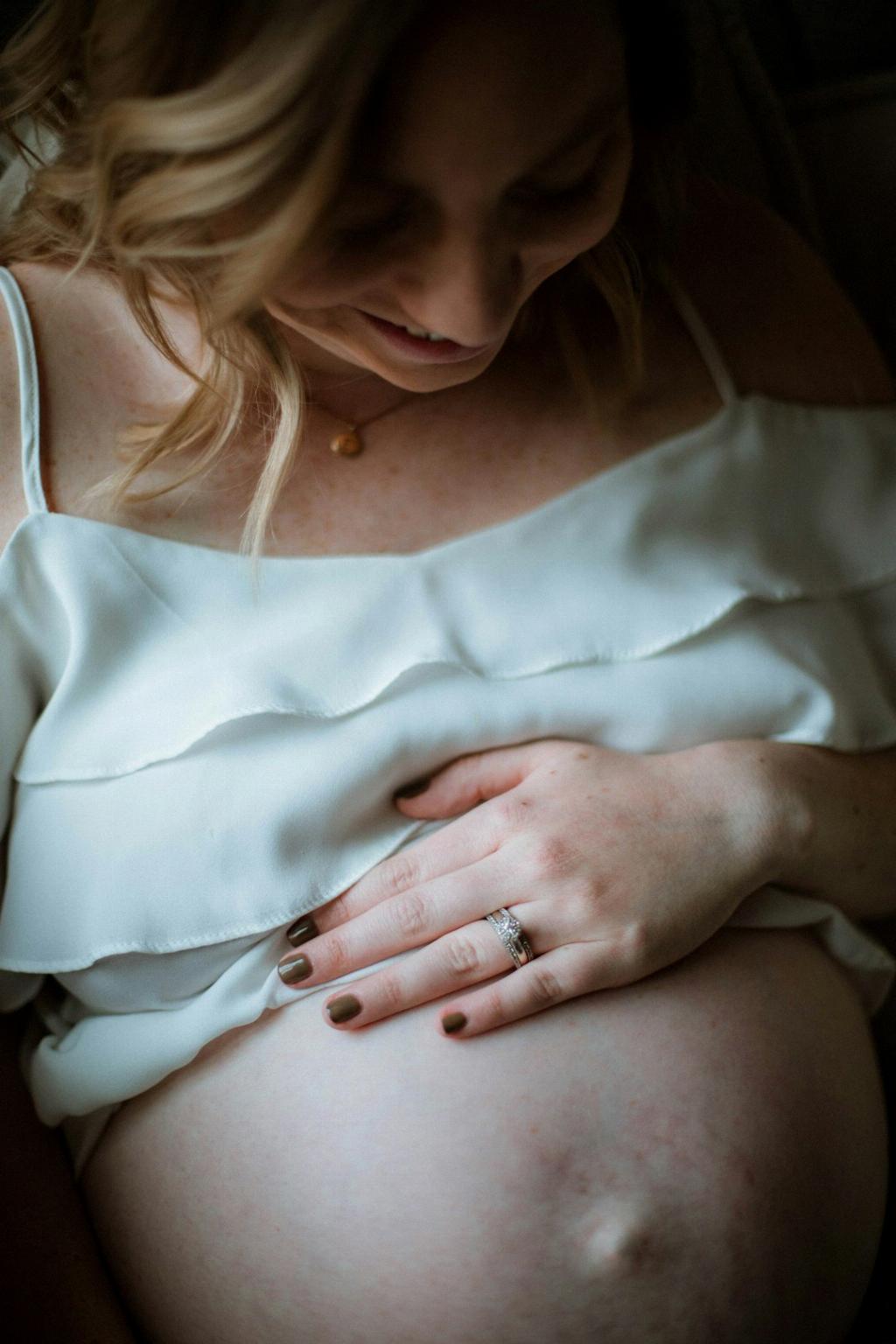When discussing the potential impact of Bacterial Vaginosis (BV) on fertility, it is essential to consider the serious adverse health outcomes associated with this common vaginal infection. Research has linked BV to a variety of reproductive health issues that can significantly impact a person’s ability to conceive.
Increased Risk of Infertility
One of the concerning findings related to BV is the increased risk of infertility. Studies have shown a correlation between BV and difficulties in getting pregnant. The imbalance in vaginal bacteria caused by BV can create an unfavorable environment for conception, leading to challenges in achieving pregnancy.
Adverse Pregnancy Outcomes
BV has also been associated with adverse pregnancy outcomes. Pregnant individuals with BV are at a higher risk of complications such as preterm birth, low birth weight, and miscarriage. The presence of BV during pregnancy can pose serious risks to both the individual and the developing fetus.
STIs and BV
Furthermore, BV can increase the risk of acquiring sexually transmitted infections (STIs) such as chlamydia, gonorrhea, human papillomavirus (HPV), and human immunodeficiency virus (HIV). The presence of STIs can further impact fertility and overall reproductive health.
Pelvic Inflammatory Disease and Endometritis
In addition to STIs, BV is linked to pelvic inflammatory disease (PID) and endometritis. These inflammatory conditions can damage the reproductive organs, leading to scarring and complications that interfere with fertility. The chronic inflammation associated with BV can contribute to long-term reproductive health issues.
Impact on Sperm Health
It is important to note that BV can also impact sperm health in individuals assigned male at birth. The presence of BV in the genital tract can affect sperm quality and motility, reducing the chances of successful fertilization. Addressing BV is crucial for optimizing fertility outcomes for both partners.
Effects on Ovulation
The disruption of the vaginal microbiome caused by BV can also affect ovulation. Hormonal imbalances and inflammation associated with BV can interfere with the ovulatory process, making it harder to predict fertile windows and optimize timing for conception.
Treatment and Fertility
Seeking prompt and effective treatment for BV is essential for individuals trying to conceive. Managing BV can help restore the balance of vaginal bacteria, reduce inflammation, and create a more favorable environment for successful pregnancy. Consulting with a healthcare provider is crucial for tailored treatment options.
Preventive Measures
Implementing preventive measures to reduce the risk of BV can also support fertility goals. Practices such as maintaining good genital hygiene, using protection during sexual activity, and avoiding douching can help prevent BV and its potential impact on reproductive health.
Consultation with Healthcare Providers
If concerns arise regarding fertility and BV, it is advisable to consult with healthcare providers specializing in reproductive health. Fertility specialists, gynecologists, or reproductive endocrinologists can offer guidance on addressing BV-related fertility challenges and developing personalized treatment plans.
Overall Impact on Reproductive Health
In conclusion, the presence of BV can indeed make it harder to get pregnant due to its effects on fertility, pregnancy outcomes, STI risk, and reproductive organ health. Understanding the potential impact of BV and taking proactive steps to address this vaginal infection are crucial for optimizing fertility and overall reproductive health.
Final Thoughts
It is essential to prioritize reproductive health and seek timely intervention for conditions such as BV that can impact fertility. By raising awareness, promoting education, and advocating for comprehensive care, individuals can work towards achieving their fertility goals while maintaining overall well-being.

